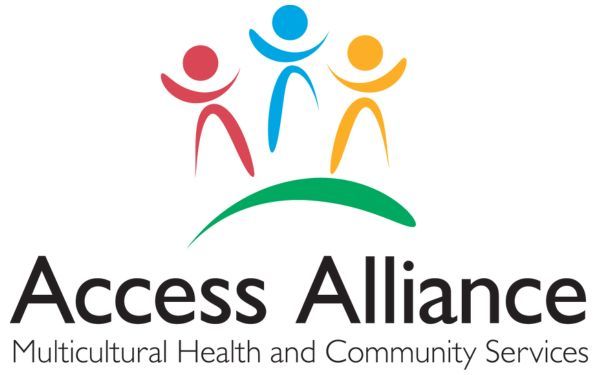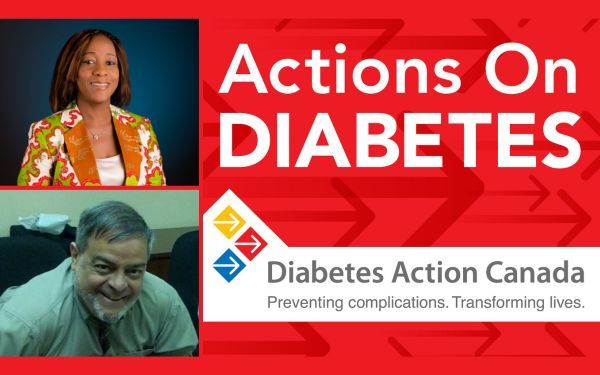Access Alliance Newest DAC Partner

Posted date: July 02, 2024 |
Diabetes Action Canada (DAC) is pleased to have Access Alliance as its latest Knowledge User partner. These partnerships foster more collaboration and support for ongoing patient-oriented research successes.
Access Alliance is a Community Health Centre, which has been serving Toronto’s marginalized, newcomer and immigrant communities for thirty-five years. They are focused on addressing the deepening disparities in society and leveraging the power of collaboration through systems change initiatives.
“Diabetes Action Canada is excited to partner with Access Alliance as part of our ongoing work to improve access to diabetic retinopathy screening. Reaching our most vulnerable populations is essential to saving sight and creating a healthier community,” says Tracy McQuire, DAC’s Executive Director. “We welcome the opportunity to engage with the communities served by Access Alliance to find solutions that make our healthcare system more accessible and equitable for those living with diabetes”.
This partnership is the second Knowledge User partnership for DAC, which has recently developed this option to increase collaborations beyond the research community. In order for projects to have real impact, they must reach the people who need them most.
“As a research-focused primary healthcare agency, Access Alliance generates evidence to inform program planning at the agency, builds the evidence-informed capacity of the community, and advocates community development through fullest community engagement to make a positive change at micro, mezzo, and system level. Our research and anecdotal service experience working with patients with diabetes and prediabetes will be expedited and enhanced meaningfully by our partnership and collaboration with Diabetes Action Canada. This will help DAC reach the deepest section of the community through our infrastructure and enrich our knowledge mobilization activities in a broader way to serve the community at large,” says Dr. Akm Alamgir, Director of Organizational Knowledge and Learning at Access Alliance MHCS.
Learn more about Diabetes Action Canada’s Diabetic Retinopathy Screening program.
Featured in Article
Related Webinars

The WHAT and WHY of Knowledge Mobilization

WHEN to do KM

The WHERE of Knowledge Mobilization
Associated Programs

Knowledge Mobilization
Related Podcasts

Reducing the Risk of Diabetic Retinopathy
Episode five looks at Project OPEN and its potential to reduce the risk of diabetic retinopathy. Malcolm Sissmore and Dr. Michael Brent from UHN Research discuss how this program is trying to make eye screening much more accessible for people living with diabetes.

Improving Access to Eye Screening for Newcomers to Canada
Often newcomers don’t know about access to eye screening, or there are cultural or other barriers that aren’t being addressed. But early detection of diabetic retinopathy can save sight and have a huge impact on the overall health of a person.
Today’s guests want to make sure those barriers are overcome. Host Krista Lamb talks to Dr. Joyce Dogba from the University of Laval and Patient Partner Pascual Delgado about their work on the Diabetes Action Canada Immigrant Patient Circle and on reducing barriers to care for all.


